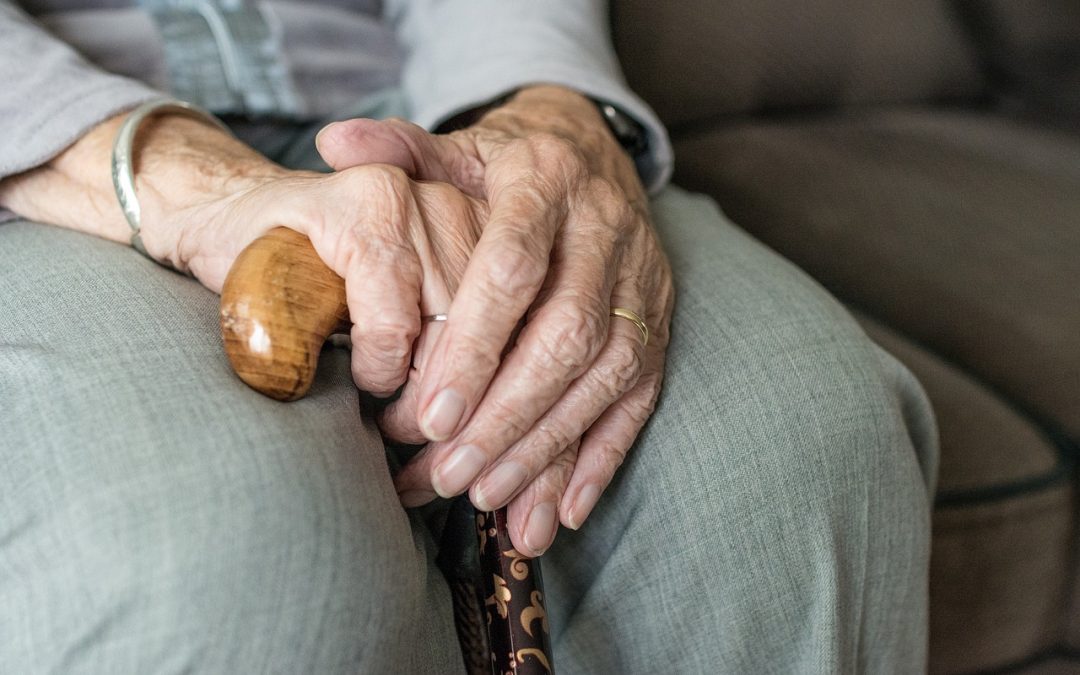Having arthritis in the knees is a very common condition that is affecting millions of adults and elderly people around the world. Arthritis is a natural degenerative joint disease that gets progressively worse as the joint cartilage that protects the articular surfaces wears away leading to osteophytic growth, causing pain, swelling and stiffness of the joint. Symptoms are generally made worse when climbing stairs, walking and being on the feet for prolonged periods of time. Osteopathy is one type of manual therapy that can help knee arthritis and manage the symptoms.
An osteopath will speak to the patient and develop a treatment plan that will aim to reduce pain and discomfort caused and help increase mobility and general range of motion of the joint. Before any of this, the osteopath will need to determine why and what is accusing the knee pain and how far along the arthritic process the knee is. This assessment of the knee will involve a physical examination of the knee joint and surrounding muscles, as well as a review of the patient’s medical history and current lifestyle to determine contributing factors of the pain. Once this is done, a specific individualised treatment plan will be developed using techniques such as joint mobilization, muscle stretching, and exercises to strengthen the muscles around the knee. These techniques will aid the body in reducing inflammation and pain alongside improving range of motion reducing stiffness. The hands-on techniques used by the osteopath to manipulate the joint and soft tissue structures include trigger point therapy, myofascial release, and passive stretching.
It is likely the osteopath will give some homework in the form of a stretching routine. The stretches given will complement the work done in the treatment and will usually consist of a mixture of strengthening and stretching exercises. These exercises are customised to the patient’s individual needs and may include low impact activities such as swimming, walking, or cycling.
Patient education is also a big factor when dealing with arthritic pain. Talking about lifestyle factors such as, such as diet, exercise, and stress management in regard to how they affect knee arthritis.
A Holistic Treatment Approach Can Help Ease Arthritic Knee Pain
A holistic approach to knee arthritis includes looking at the areas above and below the knee to make sure they are also working to their full capacity and are commonly affected by knee pain and arthritis as the mechanics of the knee change. In summary, knee arthritis can be an extremely debilitating condition that affects a person’s ability to perform routine activities, like walking, running, and standing.
Osteopaths treat knees every day, however some knees may require surgery and an osteopath may not be able to help the knee if the arthritis has developed to stage 4, where the pain is bad, and the joint is bone on bone. If you are experiencing symptoms of knee arthritis, it is worth considering osteopathy as a viable treatment option, and to have a professional assess the knee joints, and giving you possible treatment options going forward.

